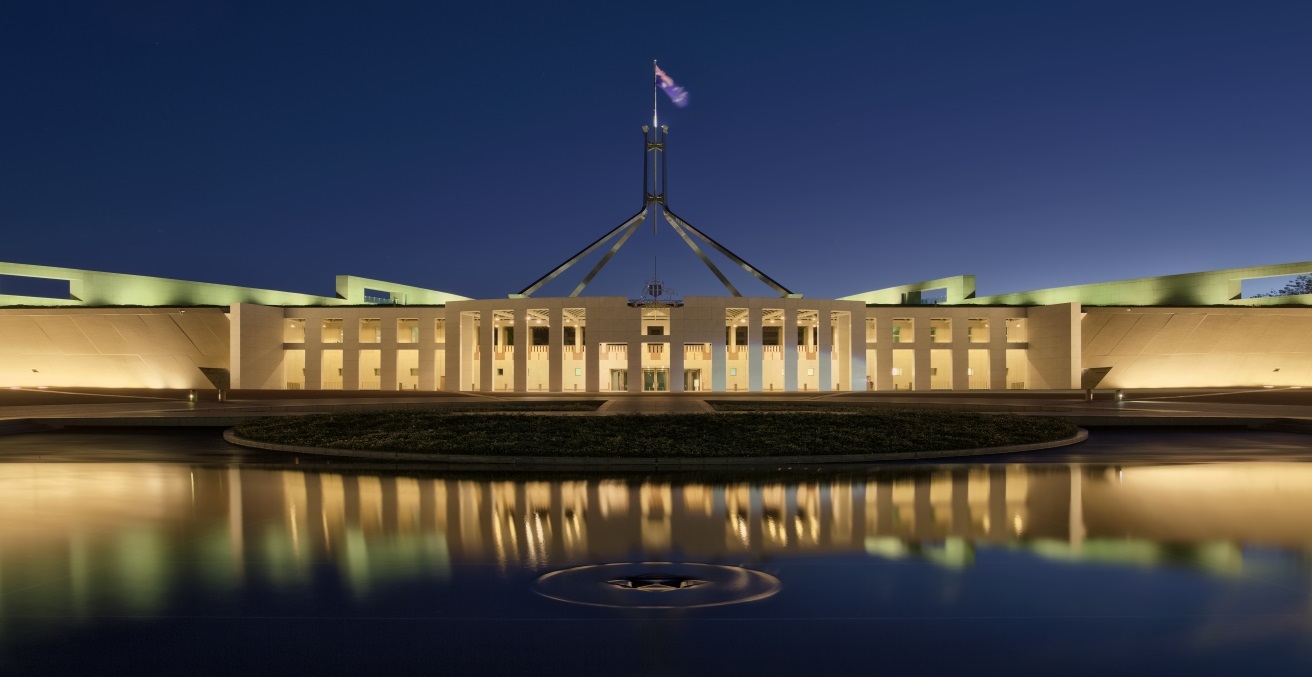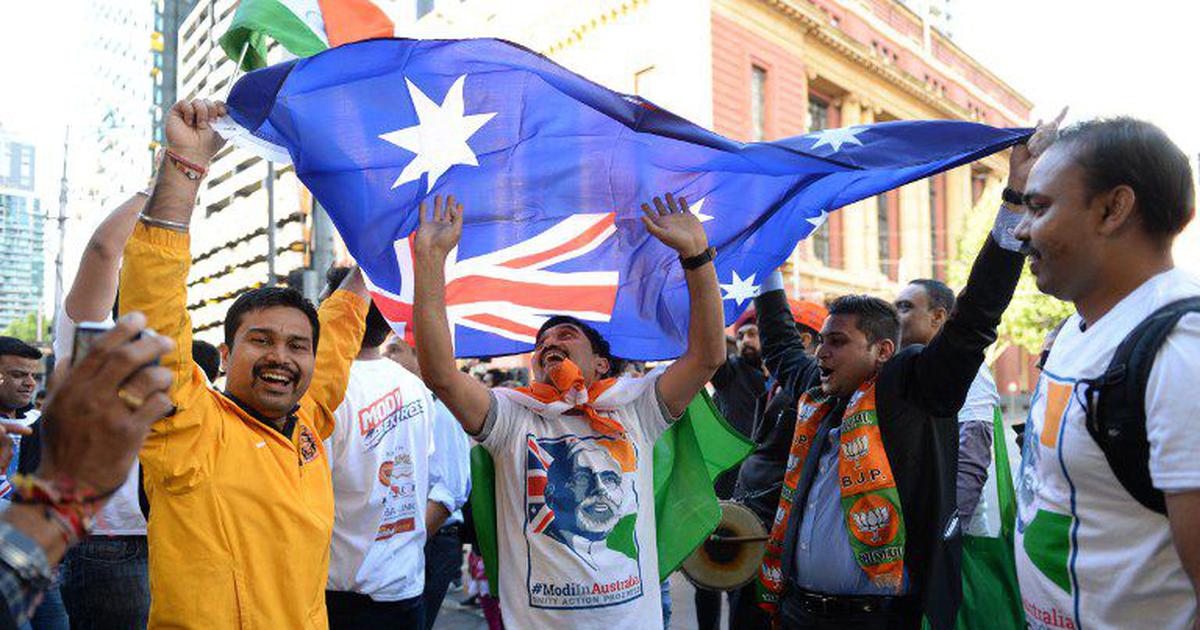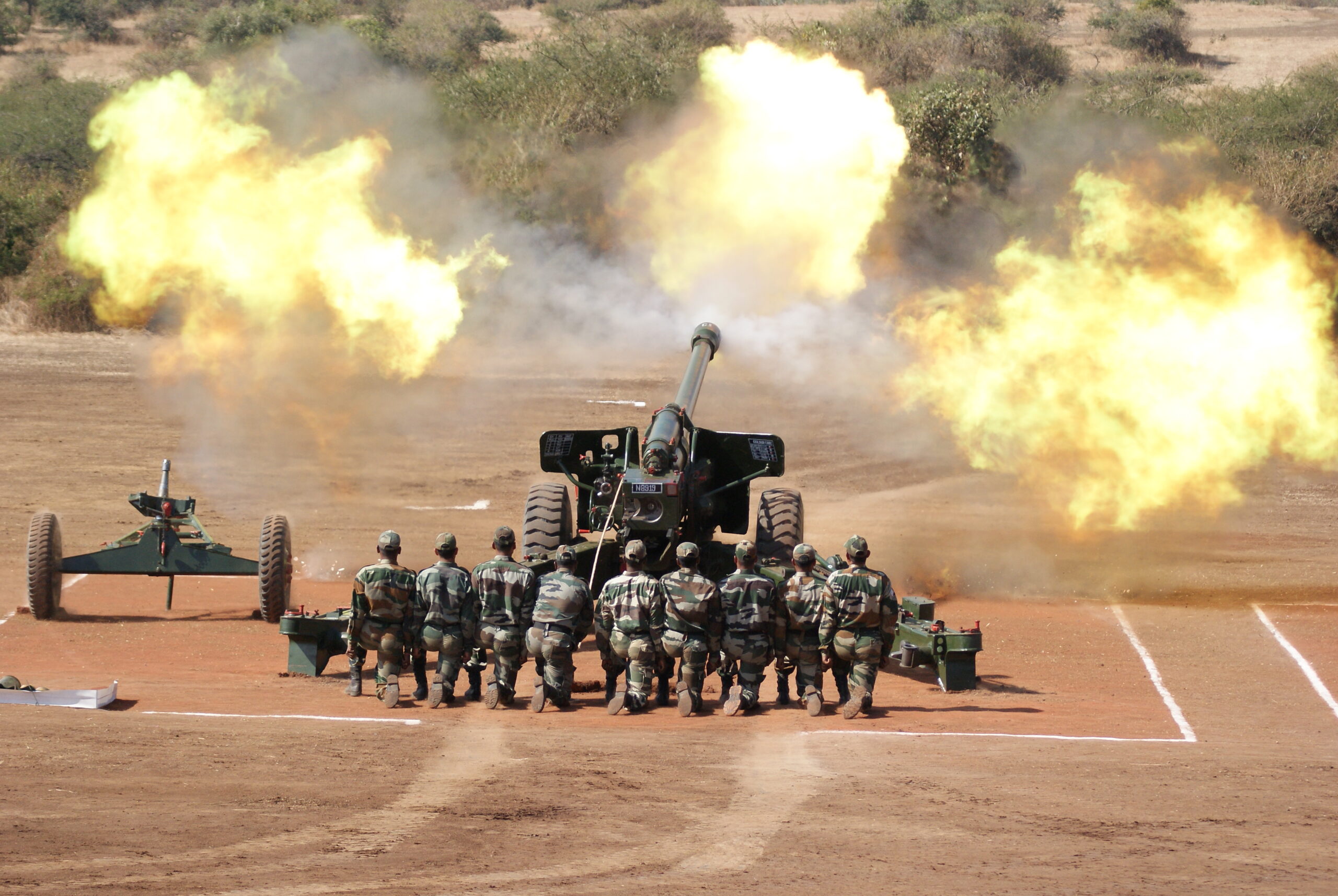Modern diplomacy extends far beyond foreign ministries and ambassadors, as domestic officials, civil society groups, and business leaders increasingly engage in transnational governance networks. Australia needs comprehensive training programs to prepare this diverse range of actors for effective international negotiations and cross-border policy work.
When Australia steps onto the international stage—whether through the G20, APEC, or UN climate talks—the spotlight usually falls on prime ministers, foreign ministers, or ambassadors. Diplomacy is seen as the preserve of nation-states: ambassadors in embassies, ministers at summits, governments negotiating treaties. This perspective reflects a legacy steeped in the Westphalian system of state sovereignty, which does not always align with today’s reality of how cross-national policy problems emerge or who addresses them.
The boundaries between diplomacy and policymaking have blurred, as new actors and networks of transnational governance (TNG) emerge. The challenge is clear: Australia needs officials across government who can operate effectively in international negotiations. The diplomatic face of governance now extends well beyond DFAT, into domestic ministries, in civil society, among regulators and business.
Rethinking the Boundaries of Diplomacy
Classic definitions of diplomacy placed the state at the centre. Diplomats were a “breed apart,” trained to be mediators, interpreters, and guardians of sovereign representation. They existed in a diplomatic environment with its own language, culture, and rituals that were unique and separate from ordinary bureaucratic work.
Transnational governance disrupts this picture. TNG refers to the intersection of rulemaking and policy delivery across various levels—from city networks to regional compacts to global forums—where public and private actors converge. Governance today is polycentric, unfolding through multi-stakeholder partnerships, ‘soft law’ and other hybrid public-private arrangements that often lack hierarchy and clear lines of authority.
Recent scholarship on global administrative law, international public administration, and global social policy shows how policymaking now transcends borders. The “practice turn” in International Relations also shifts focus from diplomacy as a fixed institution to diplomacy as a relational behaviour that is porous to civil society, business representatives, and even 2 “celebrity diplomats” or “science diplomats”. This stance sees not only diplomats but also regulators, public servants, and professionals who increasingly collaborate cross-nationally with their counterparts in other countries.
The widening of participation brings expertise but also new pressures. Policy officials must meet local and national responsibilities but also be attuned to global and regional dynamics that impact at home.
Public Sectors and International Organisations
Globalisation, complex interdependence, and regional integration mean international negotiations now reach deeply into domestic policy. Finance, health, climate, and education all have global dimensions.
This reality drives ‘transgovernmental networks’—direct interactions between regulators and agencies across borders that bypass traditional diplomacy. These networks enable technical officials in government to share information, coordinate policies, and develop standards without treaties or ambassadors.
Examples abound. Australian regulators contribute to setting banking rules through the Basel Committee on Banking Supervision. Public health officials work within the WHO’s International Health Regulations to coordinate pandemic responses. The Five Eyes alliance demonstrates how security and cybersecurity cooperation are increasingly relying on professional networks, not just diplomats.
These forms of cooperation illustrate how technical officials inside government now perform tasks once monopolised by classic diplomacy. Everyday governance relies heavily on the expert competencies of these international professional networks.
International organisations have also diversified. Formal treaty-based bodies like the UN, WTO, or World Bank remain central, but ‘informal intergovernmental organisations’—such as the G20, BRICS, or the Arctic Council—have proliferated. While they lack treaty-based legal standing and generally operate without permanent secretariats, they are nevertheless cheaper and more flexible governance tools. But they rely heavily on national bureaucracies and outside expertise to function effectively.
In Australia, this can mean that Treasury, Finance, and the Reserve Bank carry as much weight in G20 negotiations as DFAT diplomats.
Beyond Government
Civil society organisations, think tanks, universities, professional associations, and business groups now play visible roles in transnational governance. Corporations lobby on digital trade, humanitarian NGOs advocate on refugee protection, and universities contribute expertise on global health or cyber governance. Even UN goodwill ambassadors engage in diplomacy of sorts, although without sovereign authority.
Non-state actors enrich diplomacy by bringing expertise, additional resources, and some legitimacy by widening participation. NGOs such as the International Crisis Group bring frontline knowledge of conflict situations. The Gates Foundation has transformed global health diplomacy by mobilising funding and scientific expertise. Tech firms increasingly sit at the table on matters of cybersecurity, AI governance, and digital trade.
The G20 engagement groups—Business 20, Think 20, Science 20, Youth 20—illustrate how non-state actors create quasi-diplomatic processes. Universities and think tanks also facilitate “track-two diplomacy,” convening informal dialogues that feed into formal channels—for example, the Munich Security Dialogue or, closer to the Australia region, the Shangri-La Dialogue.
Civil society and private sector contributions broaden the knowledge base of diplomacy, introduce innovations, and enhance effectiveness. Unlike state officials, however, they do not hold sovereign authority. Moreover, their objectives may not always align with national interests or broader multilateral consensus.
Why Training Matters
The convergence of state and non-state actors complicates negotiations. Just as officials need diplomatic skills, so too NGOs and business representatives must learn negotiation, coalition building, cross-cultural communication and how to navigate complex multilateral venues. Without such training, their contributions risk being fragmented or counterproductive.
At present, training is uneven. DFAT provides structured diplomatic preparation, but officials from other ministries who engage internationally often receive little support beyond recognition of their technical expertise. Similarly, competence in city diplomacy is frequently hampered by the absence of a dedicated international office in mayoral offices and, inevitably, by budgetary, staff and other resource constraints.
A whole-of-government diplomatic capability would help prepare Australia’s public officials for international roles. Investment in training would not weaken DFAT’s role but rather complement it, ensuring a wider pool of actors can operate effectively. Extending training opportunities to civil society and business leaders is also essential. This would professionalise their engagement, build constructive public-private relationships, and enhance the accountability of private involvement in TNG.
Conclusion: The Policy–Diplomatic Interface
Diplomacy is not vanishing—it is being transformed. Traditional ambassadors and foreign ministers remain vital, but they increasingly share the international stage with other public servants, regulators, NGOs, business leaders, and experts from universities and think tanks. Transnational governance is conducted through networks, technical expertise, and policy negotiations that extend far beyond foreign ministries. In this milieu, we can reinterpret diplomacy not as an insulated world of protocol and statecraft, but as a dynamic process of public policy conducted across borders.
Diane Stone is Chair of Global Policy in the Florence School of Transnational Governance, European University Institute.
This article is published under a Creative Commons License and may be republished with attribution.





